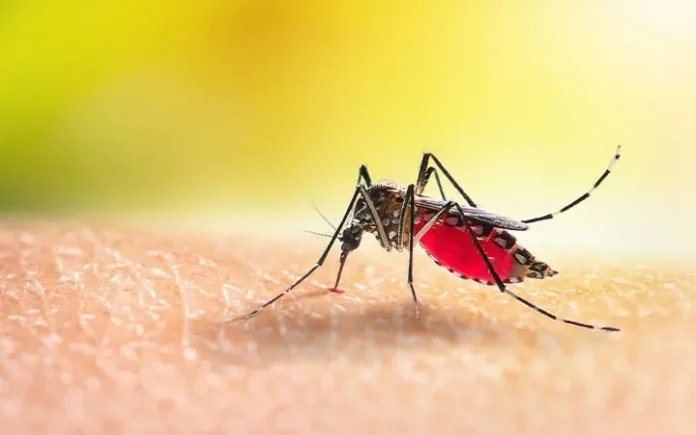Malaria, a mosquito-borne infectious disease caused by the Plasmodium parasite, continues to pose a significant health threat in many parts of the world, particularly in tropical and subtropical regions.
While malaria can often be successfully treated with medication when diagnosed early, inadequate treatment or delayed intervention can lead to severe complications, including a potentially life-threatening condition known as cerebral malaria.
In this article, we explore the dangers of improperly treated malaria and the specific risks associated with cerebral malaria.
Understanding Malaria
Before addressing into the complications of untreated malaria, it’s essential to understand the basics of the disease. Malaria is transmitted to humans through the bite of infected female Anopheles mosquitoes. The parasites then travel to the liver, where they mature and multiply before entering the bloodstream and infecting red blood cells. Common symptoms of malaria include fever, chills, headache, muscle aches, and fatigue. While malaria can be debilitating, especially in its acute phase, prompt and appropriate treatment typically leads to a full recovery.
The Risks of Inadequate Treatment
Inadequately treated or untreated malaria can have serious consequences. When the parasite is not effectively cleared from the body, it can continue to replicate and cause damage to vital organs, leading to severe complications. Moreover, incomplete treatment can contribute to the development of drug-resistant strains of the malaria parasite, further complicating efforts to control the disease.
Cerebral Malaria: A Deadly Complication
One of the most severe complications of untreated or poorly managed malaria is cerebral malaria. This form of the disease occurs when the Plasmodium parasite affects the blood vessels in the brain, leading to swelling and inflammation. The resulting damage can cause a range of neurological symptoms, including seizures, coma, and, in some cases, death.
Symptoms and Diagnosis
The symptoms of cerebral malaria often include altered mental status, confusion, seizures, and coma. These neurological manifestations can develop rapidly and require urgent medical attention. Diagnosing cerebral malaria typically involves a combination of clinical evaluation, blood tests to detect the presence of the malaria parasite, and, in some cases, imaging studies such as a CT scan or MRI to assess brain function and rule out other causes of neurological symptoms.
Treatment and Management
Prompt and aggressive treatment is crucial for individuals diagnosed with cerebral malaria. Antimalarial medications, such as artemisinin-based combination therapies (ACTs), are the cornerstone of treatment and are typically administered intravenously in severe cases. In addition to antimalarial drugs, supportive care may be necessary to manage complications such as seizures, dehydration, and organ dysfunction. Close monitoring in an intensive care setting is often required to optimize outcomes and reduce the risk of mortality.
Prevention is Key
While effective treatment is essential for managing malaria and its complications, prevention remains the best strategy for reducing the burden of the disease. This includes measures such as using insecticide-treated bed nets, spraying insecticides to control mosquito populations, and taking antimalarial medications prophylactically when traveling to endemic areas. Early diagnosis and prompt treatment of malaria cases are also critical for preventing the progression to severe disease and reducing the risk of complications like cerebral malaria.
Conclusion
Failure to treat malaria adequately can result in severe complications, including cerebral malaria, which poses a significant risk of morbidity and mortality. Therefore, it is essential to prioritize prevention efforts, seek prompt medical care for suspected cases of malaria, and ensure that treatment is administered correctly and in accordance with established guidelines.















